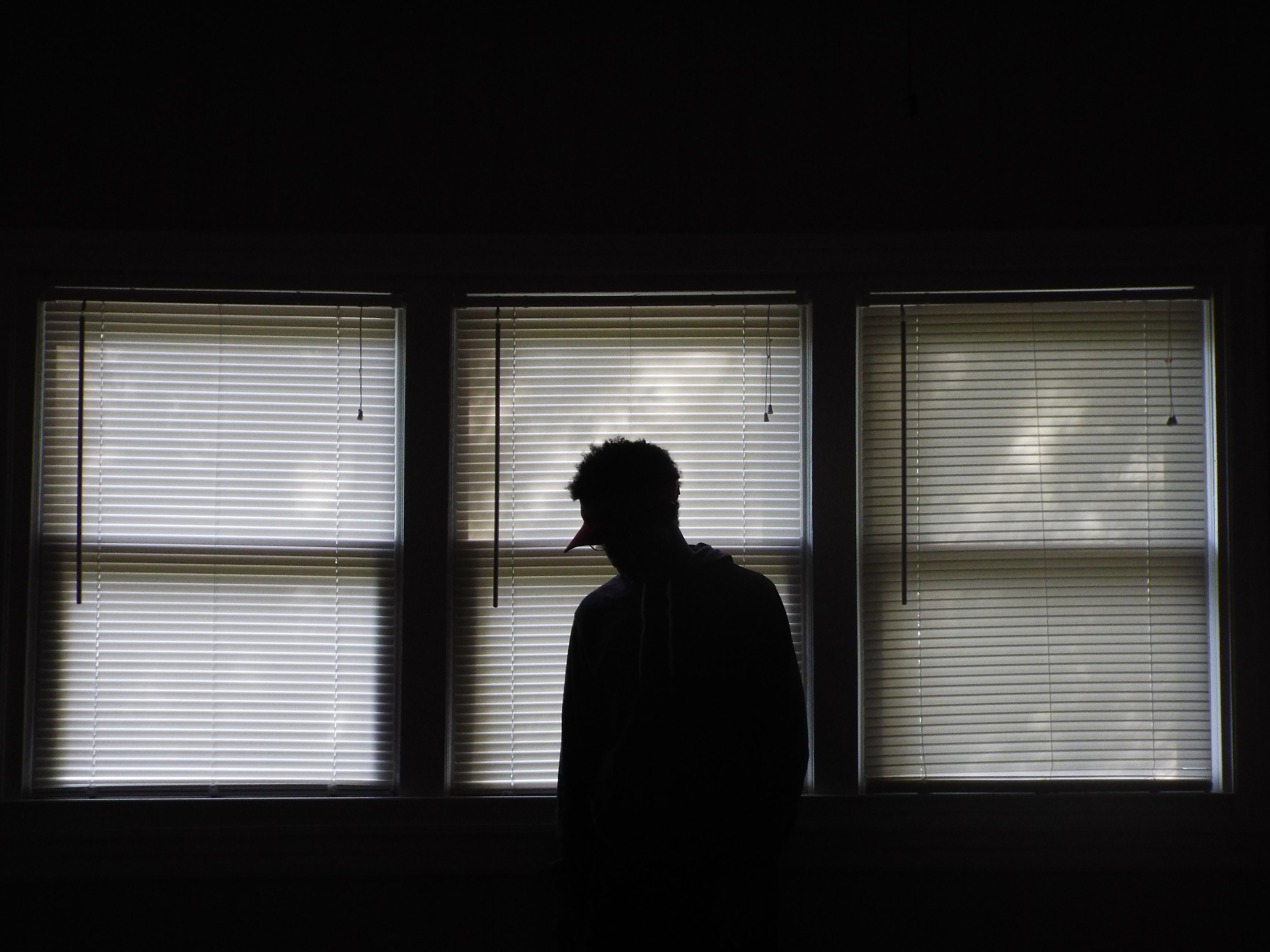A Life With Fetal Alcohol Spectrum Disorder
The following post by A.J. Becker outlines his personal experiences living with Fetal Alcohol Spectrum Disorder. He shares this post with us in hopes to spread awareness about this disorder.
When I was about 5 years old, when my brain was overstimulated I would feel very uncomfortable, scared and anxious, and would cry as a way to express my distress. For example, when Mom took me to the grocery store with her, I would be OK in aisle one, but by the time we were in aisle 8 I would start making a noise and looking very unhappy. Too many people around me; too many bright lights; too much noise; an unfamiliar environment. Around aisle 11, I was crying out loud and throwing myself around in the cart seat, and by the time Mom got to the check-out counter I was screaming at the top of my lungs, undoubtedly embarrassing her to death. This also happened in other public places where there was too much environmental stimulation. My parents had no idea at that point that I had an FASD so they had no idea what to do about me.
Throughout my childhood and teens I continued to use negative behaviors to express my discomfort, anxiety and/or distress with the things going on around me, the things I couldn’t control which was almost everything in my life. I often had a sense of impending doom and a dark future and did not know how to use words to express my discomfort, anxiety and/or distress. My brain did not know how to use words as well as other people’s brains did, so I just “behaved how I felt” instead of “speaking how I felt.” Again, my parents had no idea what to do about me.
As an adult in my early 20s, I started thinking that I could control a few things in my life and so I decided that when I felt discomfort, anxiety or distress I would start “isolating.” This means that I would go into my quiet, dark bedroom and stay there by myself, sometimes for several days, barely eating or drinking anything, and being alone. Being concerned, Mom would check on me now and then and would try to get me up and out of my room which actually messed up my recovery process by forcing me back to reality before my brain was ready for it. In time, I would recover and get back into my ordinary life and schedule, but in the meantime, while I was isolating, I missed work, social events, and other important things in my life. There were some negative consequences for this, but I could not stop myself from isolating when I would become overwhelmed or overstimulated. Still, my parents did not know that I had an FASD, so they had no idea what to do about me.
When I was about 31 years old, my Mom realized that I had an FASD and all of those previous and current negative behaviors made perfect sense to her. She also taught me about FASDs so that I could better understand myself. While I wish that I didn’t have an FASD, I am glad that I finally know why I think the way I do and act the way I do and that it is not my fault that I was born with this disorder. My Mom says that I am a “good person with a very bad disorder.” Now she and my Dad know more to help me deal with being overwhelmed, overstimulated, and frustrated. I told them recently that it really helps me a lot to know that when I cannot function properly on my own, like when I isolate for days at a time or am not sure about the best option to choose when I have to make a decision, they have my back and will see me through the difficult time. Security is important to people who have an FASD. Successfully recovering from an isolation event is a good feeling for me.

